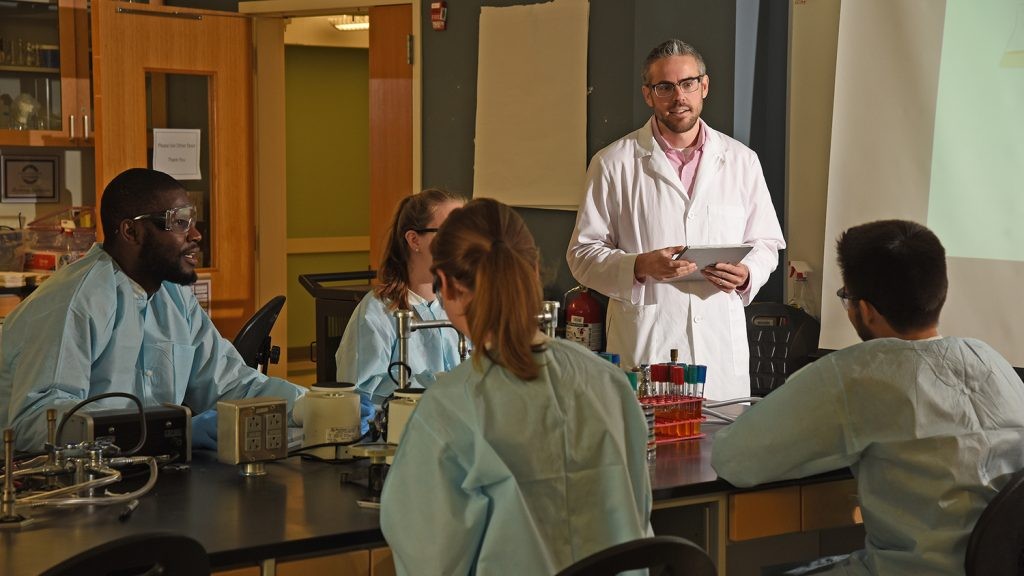In traditional college education, the classroom dynamic often revolves around the professor as the primary speaker, with students passively listening and absorbing information. This teacher-centered approach typically emphasizes individual work, sometimes even discouraging collaboration among students. However, a transformative pedagogical approach known as learner-centered learning flips this dynamic, placing the student at the heart of the educational experience.
Learner-centered learning prioritizes the active involvement of students in their own learning journey. This encompasses a range of methods designed to engage students directly in the learning process, moving away from the traditional lecture-based format. Key methodologies within learner-centered learning include:
-
Active Learning: This involves engaging students in the classroom through various activities that stimulate critical thinking and participation. These activities can range from problem-solving exercises and question-and-answer sessions to more dynamic discussions, debates, and brainstorming activities. Active learning ensures students are not just passive recipients of information but active participants in constructing their knowledge.
-
Cooperative Learning: This method emphasizes teamwork and collaboration. Students work together in teams on projects and problem sets, fostering a sense of shared responsibility and mutual support. Effective cooperative learning is structured to ensure both positive interdependence, where team members rely on each other, and individual accountability, where each student is responsible for their contribution to the team’s success.
-
Inductive Teaching and Learning: In contrast to deductive methods that start with general principles and move to specific examples, inductive learning begins with challenges or questions. Students are presented with scenarios or problems that require them to explore and discover solutions, thereby developing a deeper understanding of the underlying concepts. Various inductive methods are employed, including inquiry-based learning, case-based instruction, problem-based learning, project-based learning, discovery learning, and just-in-time teaching, each offering unique pathways for student-driven exploration and learning.
 A microbiology lab discussion showcasing learner-centered engagement.
A microbiology lab discussion showcasing learner-centered engagement.
The effectiveness of learner-centered methods is well-documented. Research consistently demonstrates that these approaches yield superior learning outcomes compared to traditional teacher-centered instruction. This advantage is evident across various measures of educational success, including short-term knowledge acquisition, long-term retention of information, in-depth comprehension of subject matter, development of critical thinking and creative problem-solving abilities, cultivation of positive attitudes towards the subject, and enhanced student self-confidence in their knowledge and skills.
Professor Richard Felder, a prominent figure in engineering education, has extensively researched and advocated for learner-centered teaching methods in science and engineering disciplines at the college level. His publications, including books and numerous papers, detail both his classroom research and comprehensive reviews of the existing literature. These resources provide valuable insights and practical guidance for educators seeking to implement learner-centered strategies in their teaching practices. For those interested in delving deeper into this topic, the following resources offer further information and research:
- Teaching and Learning STEM: A Practical Guide (Felder and Brent, 2016)
- Videos and Publications on Active Learning
- Publications on Cooperative Learning
- Publications on Inductive Teaching and Learning
- Publications on Minimizing and Eliminating Student Resistance to Student-Centered Instruction
- Student-Centered Teaching and Learning Websites
Videos and Publications on Active Learning
Publications on Cooperative Learning
[
General principles and strategies](#ncst-accordion-item-0)
[
Understanding and improving team dynamics](#ncst-accordion-item-1)
[
Accounting for individual effort in teamwork](#ncst-accordion-item-2)D.B. Kaufman, R.M. Felder, and H. Fuller, “Accounting for Individual Effort in Cooperative Learning Teams.” J. Engr. Education, 89(2), 133-140 (2000). Experimental study of the use of a peer rating system in an introductory engineering course. The study examines the incidence of students receiving low ratings from all their teammates, inflated and deflated self-ratings, identical ratings given by all teammates to one another, and possible gender and racial bias in the ratings.
[